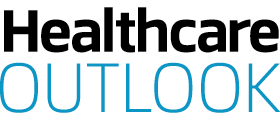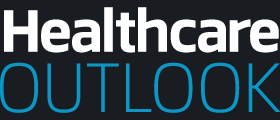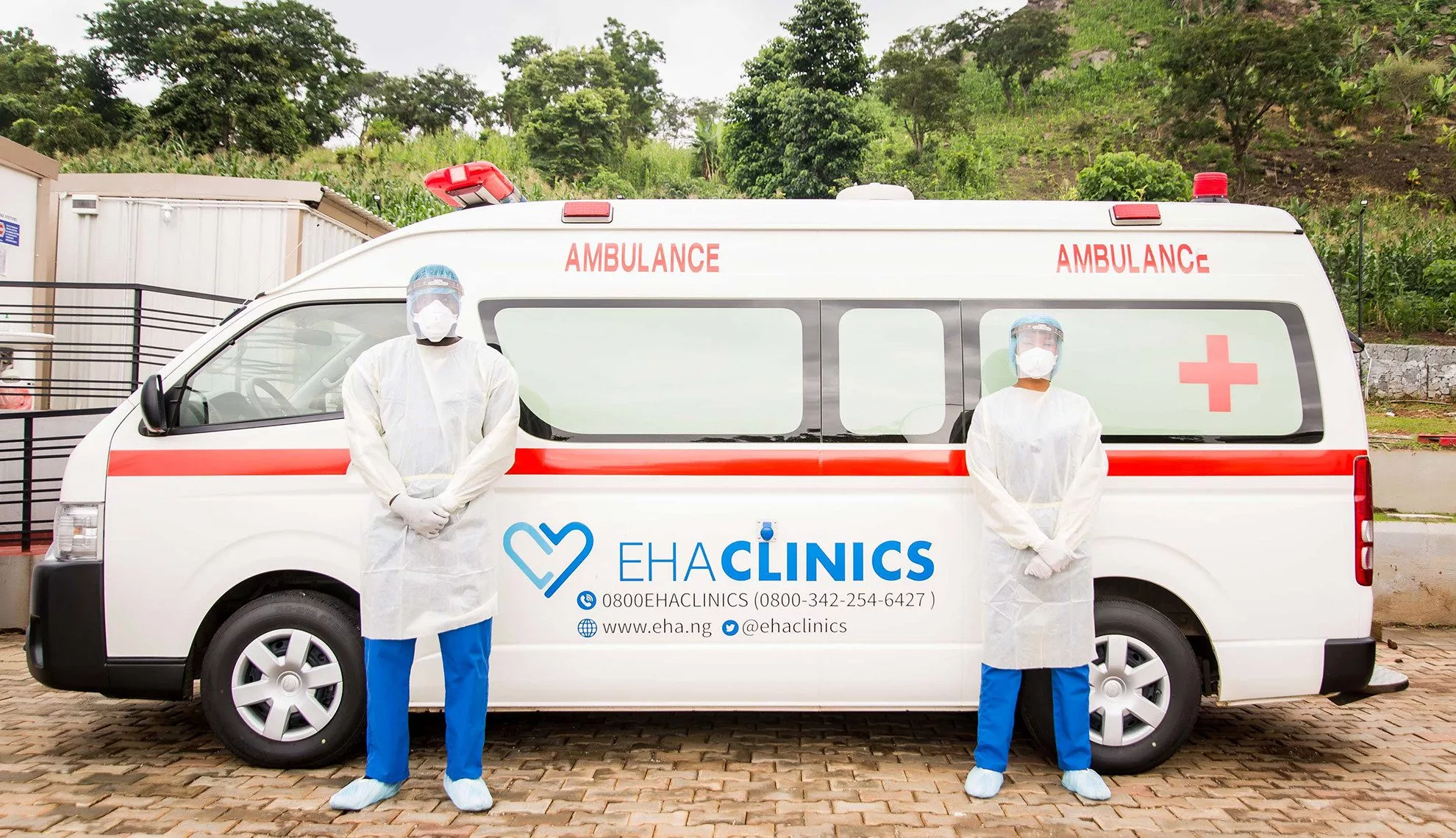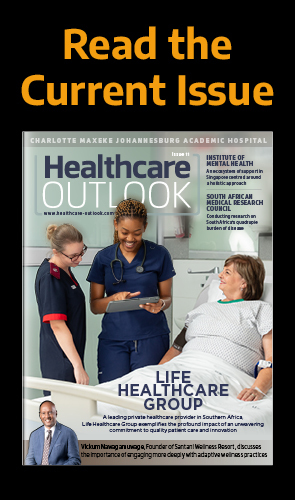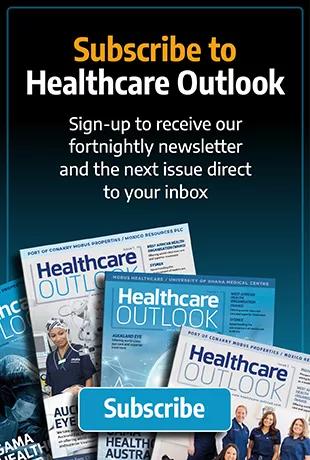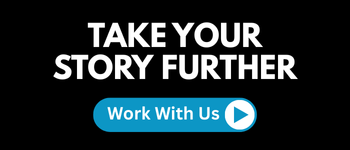eHealth Africa and EHA Clinics are leveraging the power of technology and information to enable more efficient, targeted provision of vital services across Nigeria, including key support in the fight against COVID-19.
NIGERIA’S NEW AGE HEALTHCARE
Data is the new oil, the information age, the fourth industrial revolution.
These are all sayings that, even a decade ago, were not staples of conversations. In 2009, for example, there were around 234 million websites that populated the World Wide Web, and around 247 billion emails were sent or received every day.
Fast-forward to the present day, and you cannot avoid data in almost every aspect of home and working life. More than two billion websites now make up the internet, while estimates suggest that more than 347 billion emails will be sent each day by 2023. The past two years alone have seen data centres’ share of global power consumption rise by a factor of four, the process of simply storing our information now using up well over one percent of the world’s electricity.
In the healthcare sphere, the power of data translates into saving lives, something which Adam Thompson, the Executive Director of eHealth Africa and CEO of EHA Clinics, has been pioneering in Nigeria for more than 10 years.
It is an unlikely journey from Santa Cruz and the University of California, but one which has resulted in the creation of a truly life-changing business for many thousands of Nigerian and other African citizens.
“This all stemmed from my university work with fellow co-founder Evelyn Castle,” Thompson recalls. “We were looking at how data and new technologies can improve the way that public health services are delivered, chiefly through giving them more information.
“We launched with that initial framework and developed solutions such as medical records systems so providers could access more real-time data and, ultimately, make better and faster decisions. The initial impact was substantial as it immediately removed the need to delve through piles of paper records, plus we could refer patients, for example pregnant women, before any complications, as the information was there and in real time.”
The mission of eHealth Africa, put simply, is to build stronger health systems through the design and implementation of data-driven solutions that respond to local needs, and provide underserved communities with tools to lead healthier lives.
Founded as a small-scale operation in 2009, the organisation has swelled to a team of 500 skilled personnel all over the country, eHealth Africa now building systems for other health agencies and conducting programmes which cover the full spectrum of wellness, from HIV treatment to advice on nutrition.
PLUGGING THE GAP
In 2018, Thompson and eHealth Africa broadened their horizons by setting up EHA Clinics, a new venture whose formation was partly a result of trying to improve the welfare of their own staff.
Such was the size and scale of the firm in 2018, the cost of insuring its several hundred employees led Thompson and his team to investigate what provision their investment was actually delivering for staff and their families. Their conclusion was that there were some serious gaps to be filled, and that they could do something about it.
The CEO adds: “We wanted to improve the picture and address poorly equipped facilities and a lack of quality management systems and training. The benchmark was creating a model that we would be happy for our employees to go to for good quality treatment.
“The pilot therefore centred around primary care for our own people in a bid to build a proof of concept that could be rolled out in the private sector. We received a lot of external demand to access the same services our staff were receiving, and it has grown from there.”
Today there are three EHA Clinics that serve as a one-stop shop for consultation, diagnosis and pharmacy services backed up by onsite labs, underpinned by sophisticated technology that enables the safe and secure flow of patient data to enable providers to make the right medical decisions – the exact reason why eHealth was set up in the first place.
Thompson outlines ambitious plans to expand the number of clinics in existing and new Nigerian cities, while also looking into more specialist centres (for emergencies or cancer treatment, for instance) located in areas where they are needed the most.
“We’re also looking at options and seeking investment to build a larger hospital-scale facility that can cater for a wide spectrum of treatments,” Thompson says.
“At the other end of the scale, we’re looking at how to bring healthcare closer to people. So, as well as these large facilities, we want to set up smaller, almost retail-like outlets in key locations with a large footfall to capture those who would go to a pharmacy, where they may in fact need more specialist help.”
RISING TO A NEW CHALLENGE
Other ways of delivering healthcare closer to the patient include recently launched telehealth and homecare services, capabilities which have proven invaluable this year amid the global coronavirus pandemic.
Like many businesses, EHA Clinics was forced to adapt quickly. In rapid time the firm established dedicated clinics and COVID-19 diagnostics labs in two Nigerian cities, sites which are able to provide a test result within 24 hours, helping to plug the gap in testing capacity which has hampered the country’s efforts to trace the progress of the virus.
“We also faced a challenge in patient confidence about receiving treatment not just for coronavirus, but other health issues,” Thompson adds. “In March the number of people visiting us dropped to about 30 percent of what we would usually see in many facilities. There was some hesitancy among both patients and medical staff about coming into clinics in the early stages when we didn’t know too much about the virus.
“However, we got our team together and focused very quickly in order to respond to the emergency, and by April our numbers had recovered as we had reassured them it was safe to visit us. Further, we have been treating people with mild COVID-19 symptoms at home through our homecare service, as well as more serious cases on-site.”
The extraordinary circumstances created by the pandemic has highlighted the paramount importance of a robust training and development programme, the CEO quick to highlight how critical this has been in not only adapting to the ‘new normal’, but more generally in the development of eHealth Africa and EHA Clinics into what it is today.
Part of the group’s Chief Innovation Officer’s remit is to identify gaps in knowledge and help develop learning goals for various teams across the organisation, goals which fall in line with plans for growth.
“A good example of this in action has been our training programme on ultrasound,” Thompson says. “We are at the forefront in terms of using ultrasound as a point of care diagnostic tool, which has involved taking a lot of learnings from how it is done in the US to here in Nigeria.
“We wanted to jump on that and get ahead of the curve, so we’re able to swap a stethoscope for an ultrasound probe that can instantly provide a lot more detailed information on breathing, lung functions, heart functions, internal bleeding, and a whole host of other things.
“This is just one of many programmes tailored towards staff groups, all of which are tracked on an internal platform.”
The CEO also points to the critical role played by international and local partners in delivering training to eHealth Africa and EHA Clinics’ employees, be they NGOs or multinational corporations.
“Across all of our activities, we rely on close relationships with our suppliers and partners,” Thompson continues. “Whether it’s helping us to troubleshoot issues, supplying equipment or even helping our teams with research, we have a number of vital collaborations.”
Indeed, such collaboration will be crucial in the months and years ahead as Nigeria continues to tackle the health and socioeconomic challenges caused by the COVID-19 outbreak.
In the immediate term, overcoming the barriers presented by the crisis is the priority for Thompson, who is determined to contribute as much as he can to the nation’s ongoing effort to contain the virus before returning to something closer to business as usual.
He concludes optimistically: “We have certainly been challenged by COVID-19 this year, but we are confident about the future. It is a lot more difficult right now to access capital, and that is what we need to enable our growth to continue.
“However, I’m proud of how we have responded and feel fortunate that we have been able to create new services and replace some of our lost income during this time. The key for the whole sector is to get investors back into Nigeria and supporting some of the great startups that are here.”
